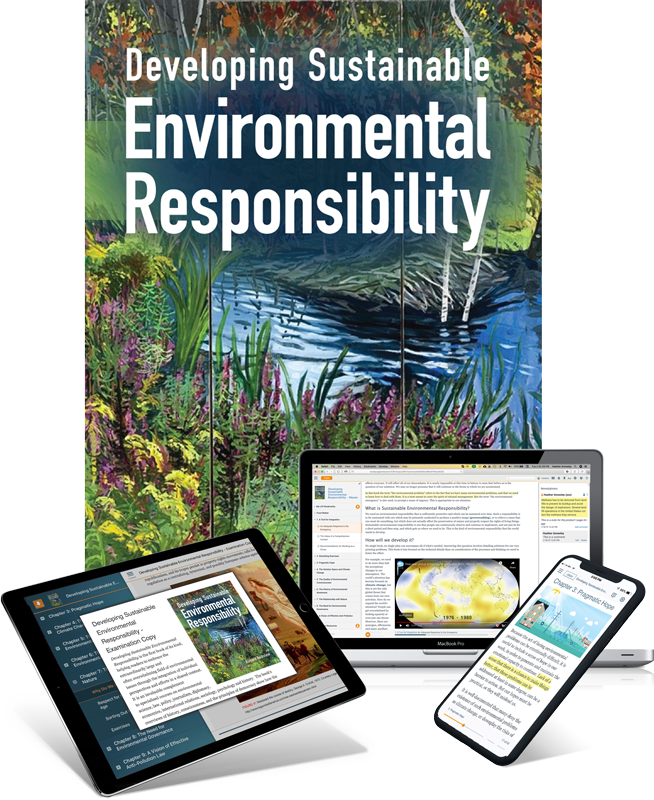Instead of a belief system that pictures an afterlife, judgment, and a system of belief or observance that passes muster, picture the world as it is and humans as they are. Substitute World for God. Living things require clean water and air, not to be faced with rapid extinction, and for the oceans and the air not to be heating up. They need to not have poisonous chemicals in their soil and food. On the right, many question whether these things are really happening, or whether they are happening to the extent claimed, and they point to the damage that such beliefs can cause (lost jobs, costs, inconvenience). On the left, many reply with facts that are simply not believed. Maybe those who are willing to gamble with our health, and with ecosystems, can apprehend a Best Bet argument.
If the left is correct, and the very life systems of this planet are indeed threatened, and failing to act is indeed harming us very substantially, acting means saving the world. If the right is correct, failing to act will prevent some irritating rises in price and having to make some adjustments in our lives, such as not being able to emit as much, or having to use products that don’t work quite the same as the ones to which we have become accustomed. On the one hand, world salvation: on the other, perhaps some small gain (and even this is disputed by those who point to the many benefits of greening economies).
Things fall apart; the centre cannot hold
A vote for democracy – for the restoration of checks and the search for balance - is a vote not for one side or the other, but for a center that will allow the integration of every perspective into a whole, allowing for the diverse richness of humanity to produce reasoned deliberation. Yeats described what he saw:
The best lack all conviction, while the worst
Are full of passionate intensity.
If the best are to be full of passionate intensity, let it be for the best bet that we have: that which is analogous to Pascal’s focus on an all-encompassing God: an all-encompassing biosphere and a political system that has a place for everyone.
At this writing there are those who deride the New York Times as leftist, and choose to believe in right-wing “news” as an alternative. But Fox News and Sinclair Broadcasting do not bet on the whole, but on the right wing perspective. The New York Times focuses on facts, printing corrections when it is wrong, and covering both sides. Its focus may coincide most frequently with what people think of as the left, but it is not itself a tool for delivering propaganda but information. It may be impossible to convince people of this who are not open to considering it, but it may be possible to pose a version of the wager to them.
For example, the Times reports today in “Rural America’s Own Private Flint: Well Water Too Polluted to Drink” that Republican administrations in Wisconsin, Arizona, Iowa and many other states have weakened programs to protect drinking water, leading to significant rates of pollution. This coincides with the concerns of the left, but it is also factually true. The Times also reports that there has been a significant drop in enforcement actions against large corporations (harming the effectiveness of many laws, not just environmental). For those who say, well, that’s just the Times, (and everyone "knows" that’s just left-wing “fake news”), see if you can pose the modern version of Pascal’s Wager.
Do they want to bet the fate of our system of protections - that guard the wellbeing of our children and every other living thing? What do they gain by refusing to consider this risk? How does the gain (not having to read the Times or be concerned with what they say) stack up against the harm? What do you win if you ignore the news, and what do you lose if it’s true? If it is true, as so many commentators have reported, that fear and resentment are driving support for the Administration, how does that compare to hope?[1] Instead of arguing our set positions over and over, perhaps we can weigh the alternatives.
[1] See, for example: Vote For Hope Now https://www.youtube.com/watch?v=08Ua--CkPyQ

 RSS Feed
RSS Feed

